Amongst the number of recent eye opening events that have impacted the Jewish community, a discovery was made last May regarding the halachic status of New York tap water. The New York kosher consumer was shaken by the fact that New York tap water, which had the reputation of being one of the most pure, clean, and natural water available, contains unwelcome visitors called copepods that are visible to the human eye. In spite of that fact that this was a New York discovery, the Star-K hotline in Baltimore was abuzz with inquiries of “Can we drink the water?!” This is the Star-K response regarding copepods in drinking water based on discussions with Rav Moshe Heinemann Shlit”a, Star-K Rabbinical Administrator.
Q: What are copepods?
A: Copepods, also known as “insects of the sea,” are crustaceans that are found wherever water is […]



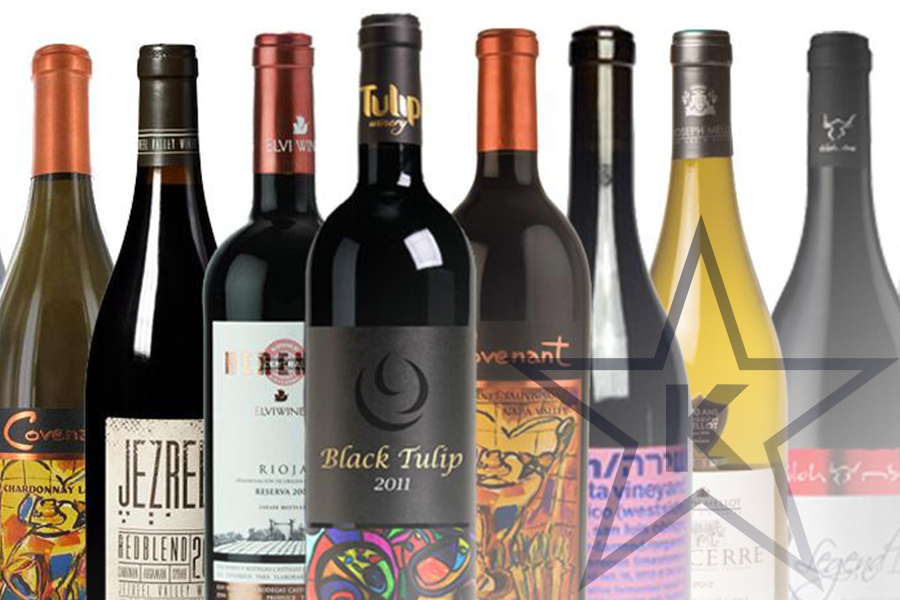

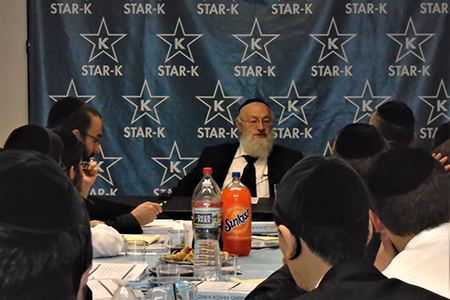
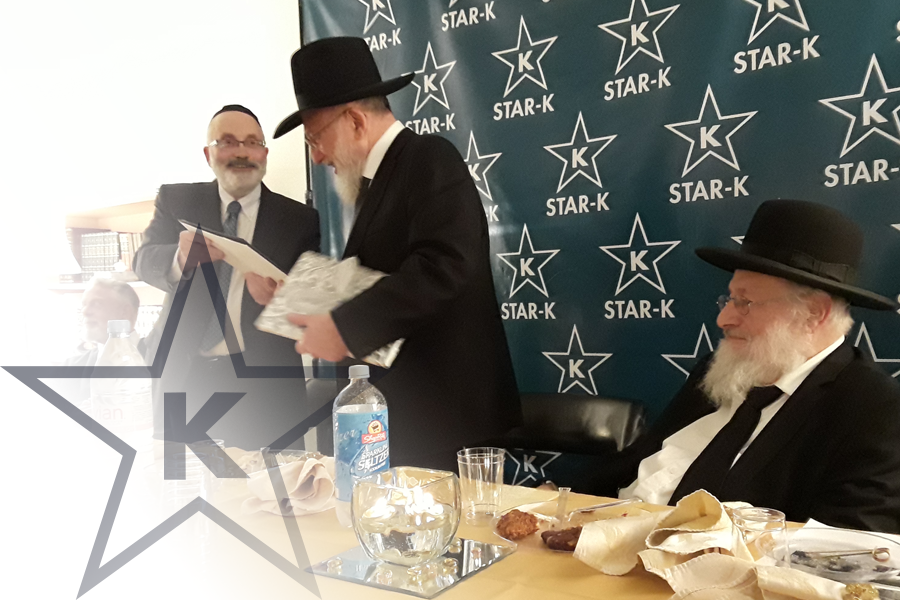

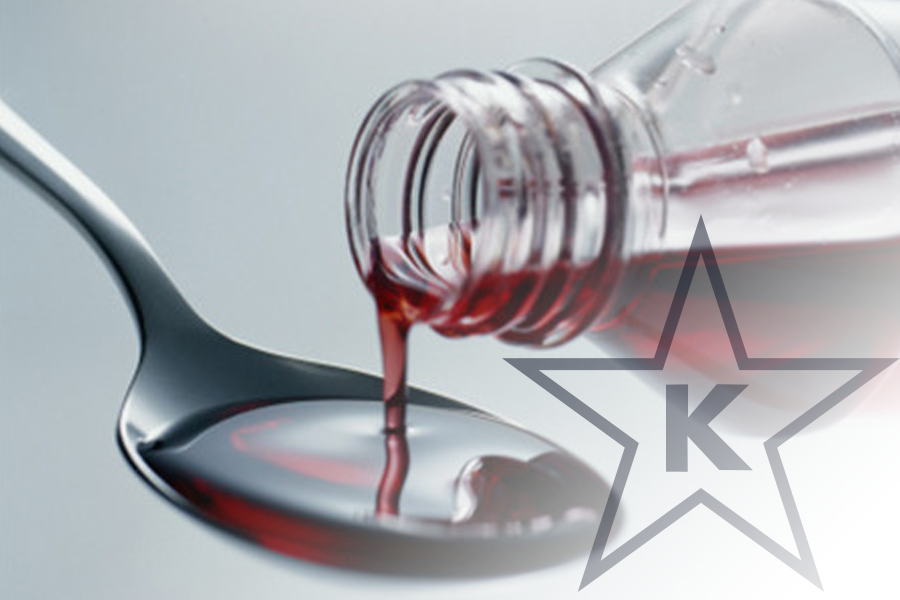



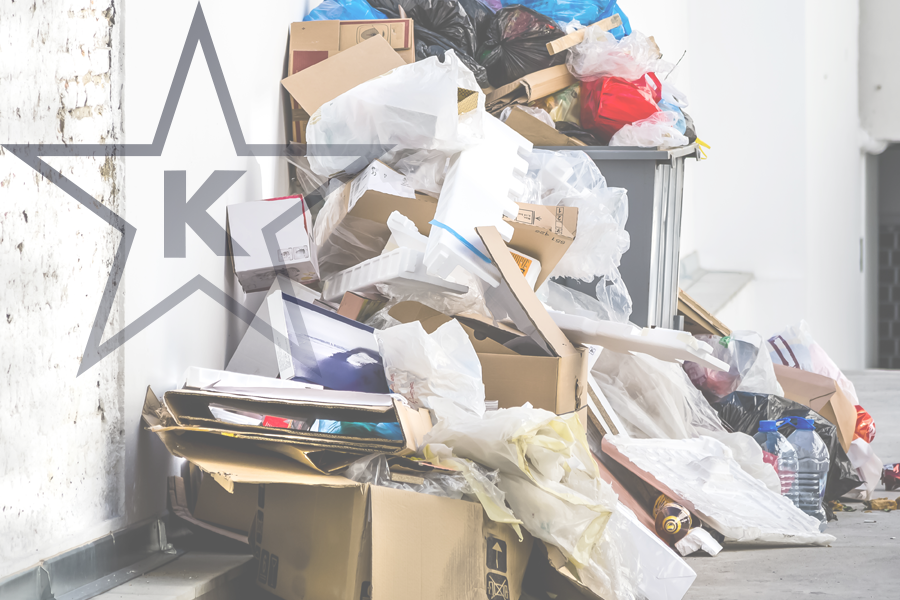


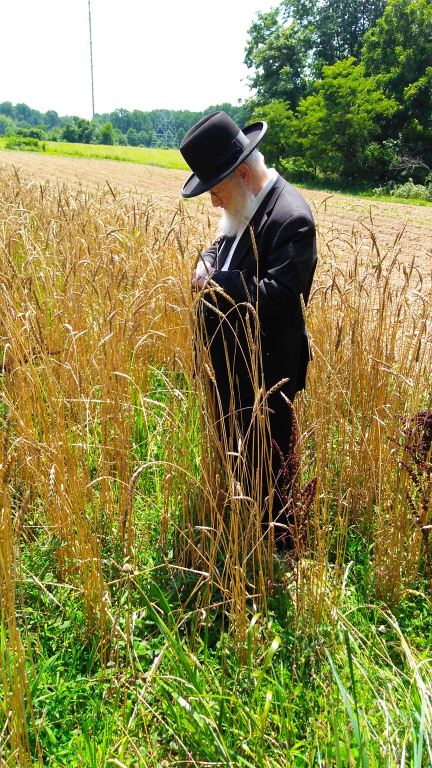
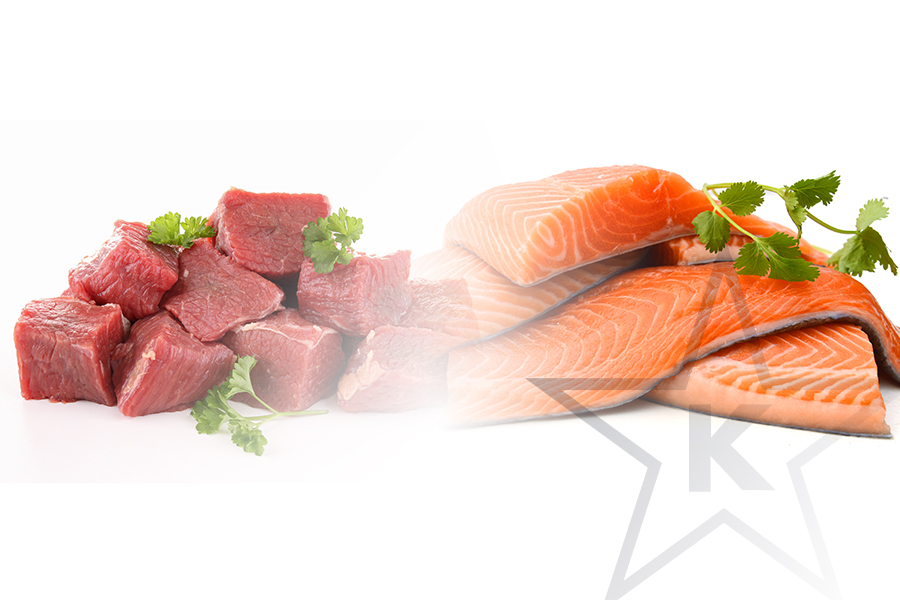
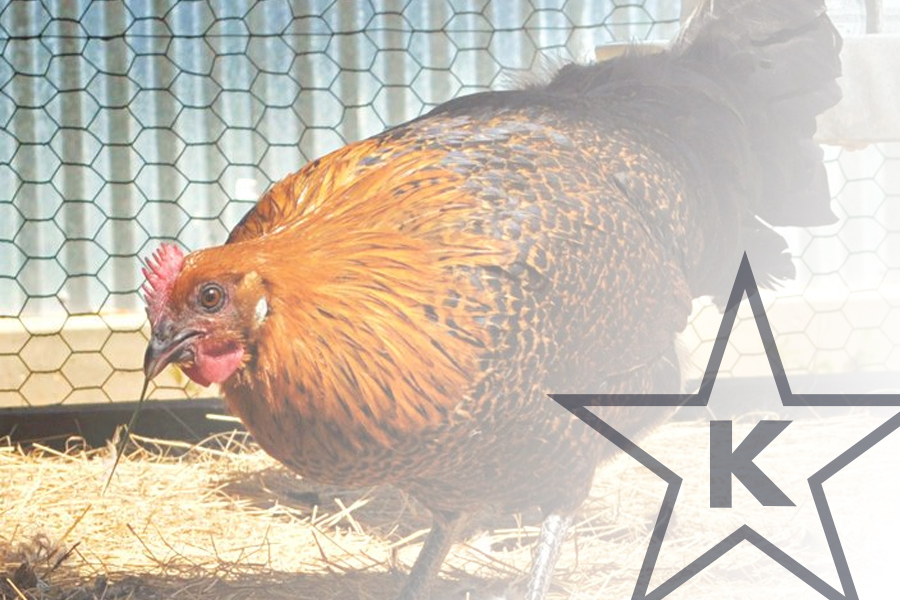


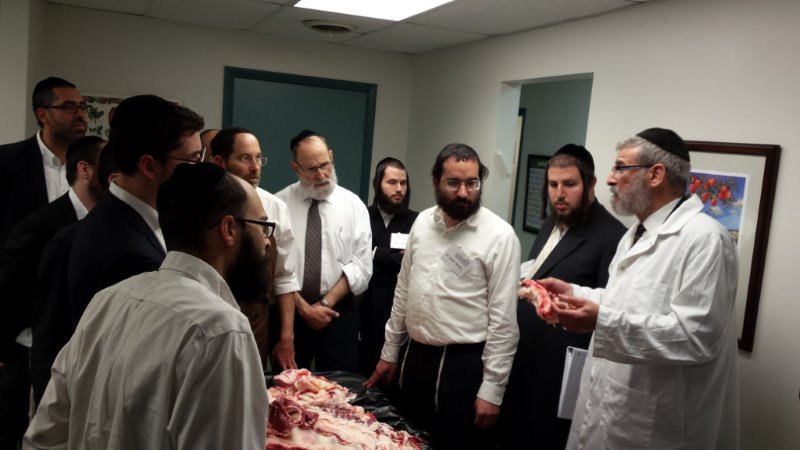


 STAR-D
STAR-D STAR-S
STAR-S